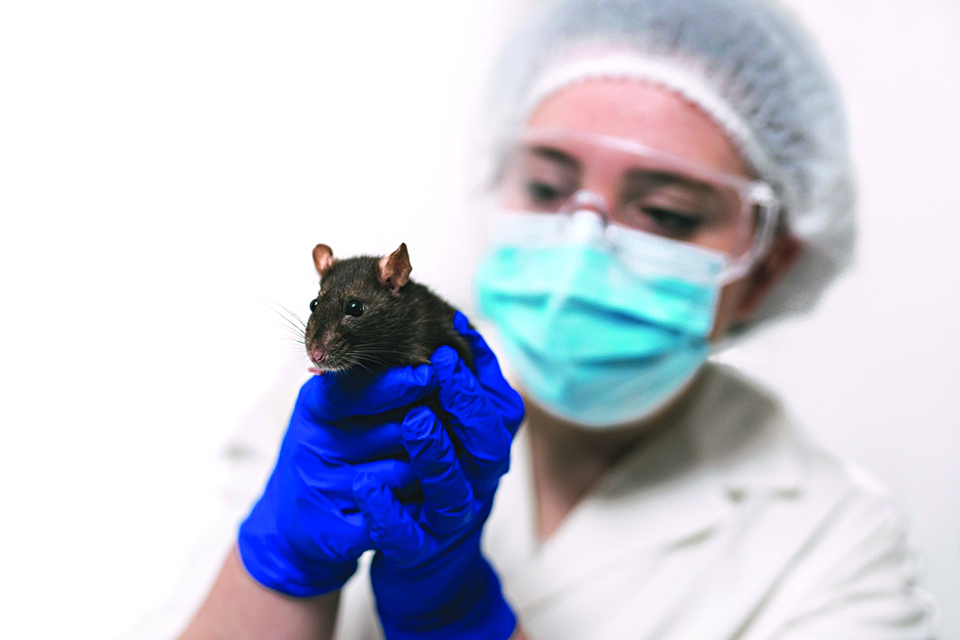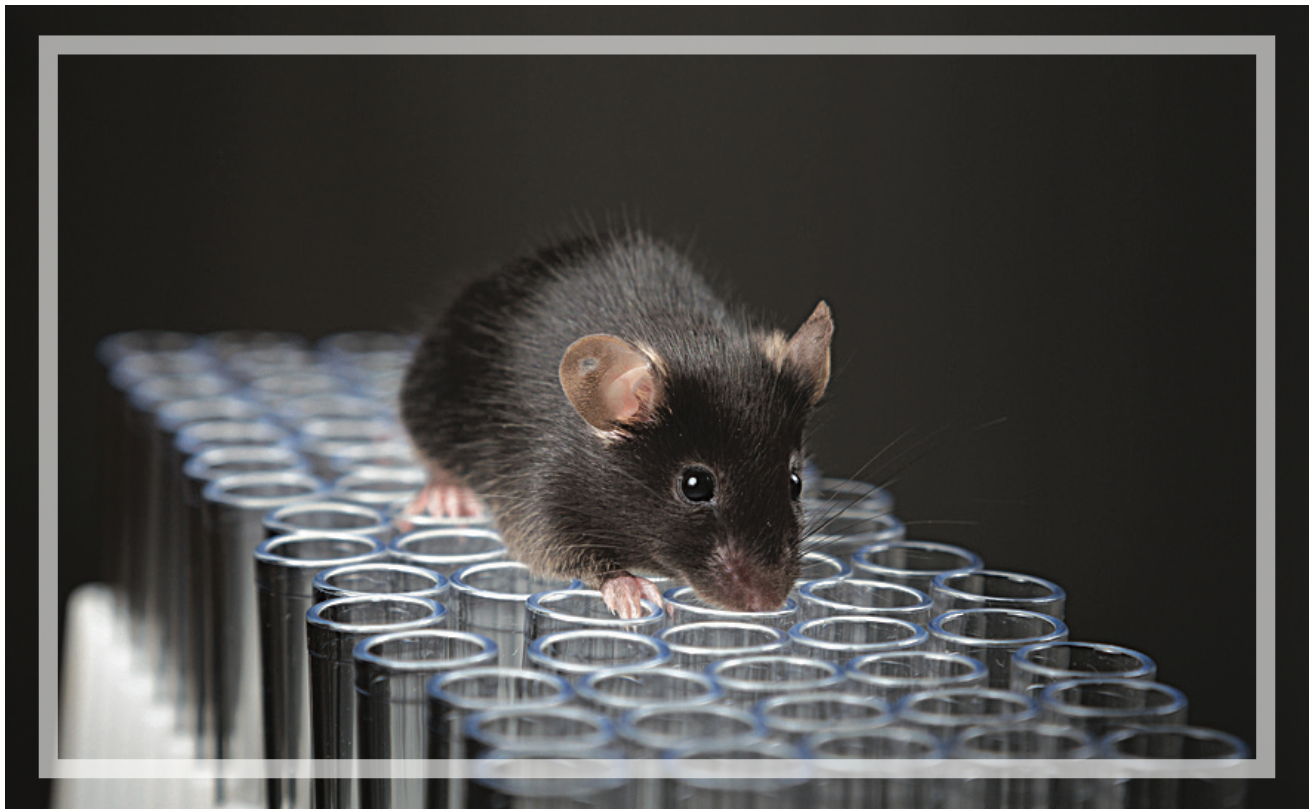A team of researchers has successfully reared an adult Mouse from
a single unfertilized egg, a scientific first, as reported by Margaret Osborne in a 2022 article for Smithsonian Magazine. The lab Rodent, who possessed only the mother’s genes, matured to adulthood and reproduced successfully, a feat which was previously thought to be impossible in Mammals, according to Alex Wilkins’ 2022 article for New Scientist.
SINGLE-PARENT MOUSE NEST
Parthenogenesis is an asexual reproductive method that happens naturally in a variety of animal species other than mammals, including Sharks, Lizards, and Birds. It produces offspring that contain either half or all of their mother’s genetic material, but it does not necessitate the addition of a male sex cell’s genetic material.
“The success of parthenogenesis in Mammals opens many opportunities in agriculture, research, and medicine,” write authors Yanchang Wei, Cai-Rong Yang, and Zhen-Ao Zhao in their 2022 article.
Their groundbreaking study was published in the journal Proceedings of the National Academy of Sciences. “Further identification and editing of additional ICRs [imprinting control regions] might improve the efficiency of parthenogenetic development.”

HOLY IMMACULATE CONCEPTION, BATMAN!
Because of genetic imprinting, previous attempts to induce mammals to reproduce via parthenogenesis have failed. Offspring obtain two copies of a gene, one from each parent, in normal sexual reproduction.
However, genomic imprinting entails chemically tagging particular genes to signify which parent they came from, resulting in just one copy of the gene being produced.
According to New Scientist, the research team utilized the gene-editing technique CRISPR to modify the tags on seven of these imprinted gene areas, making it appear as if the mother’s genetic code came from a male. According to the statement, they next inserted an enzyme into the egg that switched some genes on and others off to mimic an egg fertilized by a male.
“It’s going to turn out to be an important piece of the jigsaw about the mechanism of very early embryo development and the way that the two parental genomes are regulated,” explained biochemist Tony Perry of the University of Bath in the United Kingdom. Perry, who was not involved in the study, tells New Scientist, “And secondly, it’s an important technical demonstration of the kind of potency of these [CRISPR tools].”
SOLE SURVIVOR
According to the study, 192 parthenogenetic embryos were implanted in 14 female Mice by the researchers. Only one of three live baby Mice survived to adulthood.
The Mouse had a normal body weight at birth, but as it grew older, it lost about 20% of its body weight compared to the control mice in the study. In spite of all the hurdles she faced before and after being born, the Mouse was able to reproduce normally with a male.

A WORLD WITHOUT MALES?
So, is science about to make male Mammals obsolete?
“I think there are people who will look at this and say, ‘Oh, is this going to replace reproduction? Get rid of men?’ No, it’s not,” Marisa Bartolomei, a molecular biologist at the University of Pennsylvania who was not involved in the study tells The Daily Beast.
However, the new research could aid researchers in studying a group of congenital diseases caused by genomic imprinting, such as Prader-Willi syndrome (in which children are born with a constant sense of hunger and developmental issues) and Beckwith- Wiedemann syndrome (a disorder that is characterized by a childhood risk for cancer).
“One could say we have the ability to modify these [genomic imprinting] defects using such techniques,” said Lefebrve. What’s more, as the technology for modifying the specific chemical tags at fault on an individual’s DNA improves, what the study’s researchers have established is a proof-of-concept that other scientists can potentially explore.






